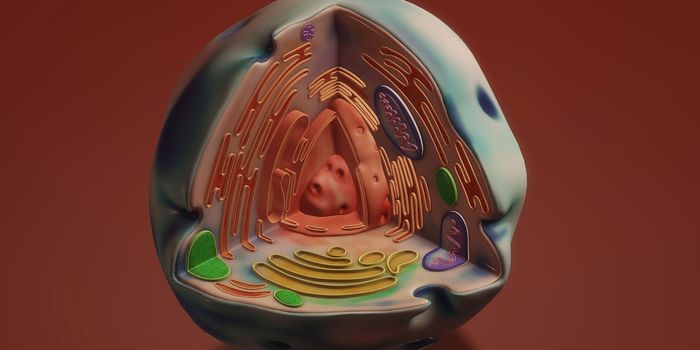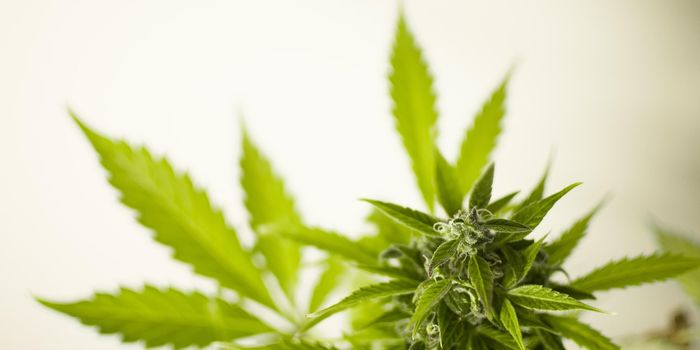Prolonged Hiccupping is Not That Uncommon
A case of the hiccups isn't uncommon. After eating, drinking or just out of nowhere, the hiccups can show up.
There are lots of "old wives tales" about remedies. Everything from a spoonful of sugar, to drinking out of the wrong side of a glass is said to cure the hiccups. It's just a minor annoyance, right? Well, not always. It's not that rare for some cases of the hiccups can go on for days and interrupt sleeping, eating and functioning
So what exactly are these little blips of gas and air? A hiccup is an involuntary contraction of the diaphragm muscle at the bottom of the chest. Sometimes the intercostal muscles are involved as well. The contractions cause inhalation of air to be cut short by the closure of the glottis, which is the slit opening between the vocal chords. Hiccups that last for more than 3 hours are considered persistent. Longer than that and they are called "intractable." They aren't always caused by drinking or eating too fast; they can be a complication of reflux disease, an irritation of the vagus nerve, or even a result of stress and anxiety.
A new research study from Loyola University suggests that intractable hiccups are not as rare as many believe. Stasia Rouse, MD, and Matthew Wodziak, MD led the research and wrote, "Intractable hiccups can occur more often than we realize and present to multiple medical disciplines."
The study found that hiccups that last longer than an hour are usually related to an underlying medical issue. Depending on the patient, a severe case of hiccups can interfere with breathing and heart rate, so getting them under control can be difficult. In extreme cases, patients are anesthetized which calms the vagus nerve and allows the contractions to stop.
In the United States, more than 4,000 people are hospitalized each year for hiccups, and 91% of persistent hiccup patients are over the age of 50. Some of the medications that have been used to treat hiccups include including baclofen, gabapentin, metoclopramide, chlorpromazine, and haloperidol. Nerve blocks, specifically near the phrenic nerve which regulates breathing can help as well. While they can be a mild annoyance, there have been cases of hiccups that lasted for years. The Guinness World record for the most protracted case of hiccups was set by an Iowa farmer who hiccupped continually for 69 years and nine months. In some cases, the study showed that they could be a significant medical problem.
Drs. Wodziak and Rouse explained, "Hiccup treatments cross multiple disciplines, including neurology, gastroenterology, pulmonology and primary care. There are no formal guidelines for treating intractable hiccups. Many treatments are founded merely on a physician's own experience or anecdotal evidence. There is a lack of good quality evidence to recommend specific treatment for hiccups" Check out the video below for an explanation of hiccups and some cures that could work.
Sources: EMedicine.com, Loyola University Health System via Science Daily Current Neurology and Neuroscience Reports









